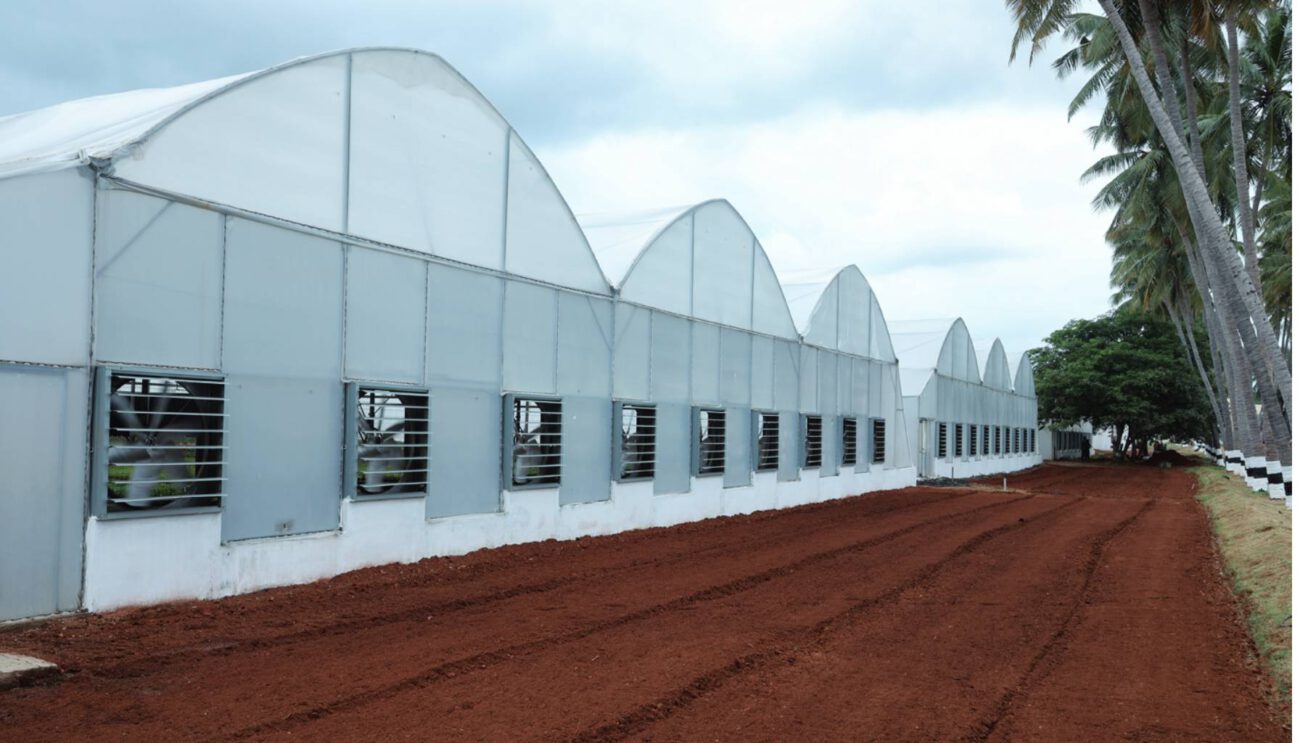India Becomes Key Workforce Provider for Israel amid Post-War Labor Shortages

India Becomes Key Workforce Provider for Israel amid Post-War Labor Shortages
Bilateral Agreements Pave the Way for Thousands of Indian Workers to Fill Critical Labor Gaps in Israel’s Economy
The ongoing repercussions of the recent war in Israel have left a significant impact on the country’s economy, particularly in the labor market. With a severe shortage of workers in key industries such as construction, agriculture, and healthcare, Israel has increasingly turned to India as a vital source of skilled and unskilled labor. This strategic move aims to stabilize economic activity and ensure continuity in essential sectors.
The Labor Shortage Crisis
The war led to widespread disruptions in the labor market. Many foreign workers, particularly from Gaza and the West Bank, were unable to return to their jobs due to security concerns and border restrictions. Additionally, the mobilization of tens of thousands of Israeli reservists further exacerbated workforce shortages in crucial industries. As a result, the construction sector faced delays in infrastructure projects, the agricultural sector suffered from reduced harvest capacity, and healthcare facilities experienced increased pressure due to staffing shortages.
India: A Strategic Partner
India, with its vast labor pool and skilled workforce, has emerged as a key partner for Israel in addressing its labor deficit. Israel has expedited agreements with the Indian government to facilitate the arrival of thousands of workers under structured employment contracts. These agreements ensure fair wages, safe working conditions, and streamlined visa processes.
Sectors That Can Benefit from Indian Workforce
The influx of Indian workers is expected to benefit multiple industries:
- Construction: With Israeli infrastructure projects facing delays due to labor shortages, Indian construction workers are being recruited to fill the gaps. Their expertise in skilled trades such as masonry, carpentry, and plumbing is highly valued.
- Agriculture: Israeli farms rely heavily on seasonal workers, and with the loss of Palestinian laborers, Indian agricultural workers can step in to assist in planting, harvesting, and greenhouse operations.
- Healthcare: The healthcare sector, particularly elderly care, has seen an increased demand for nurses and caregivers. Indian healthcare professionals, known for their proficiency and training, are expected to help alleviate the shortage.
- Manufacturing: Israel’s industrial sector has also suffered from labor shortages, prompting factories to recruit Indian workers for assembly lines and production roles, ensuring that supply chains remain intact.
- Hospitality and Services: The tourism and hospitality industries, which are vital to Israel’s economy, have also been impacted. Indian workers are being recruited for hotel management, culinary roles, and customer service positions to meet growing demand as tourism rebounds.
Challenges and Considerations
Despite the mutual benefits, integrating a large foreign workforce presents challenges. Language barriers, cultural differences, and proper training are essential factors that must be addressed to ensure smooth assimilation. Furthermore, housing and working conditions must meet ethical standards to prevent exploitation and labor rights violations.
Israel is implementing regulatory frameworks to oversee recruitment agencies and ensure that workers receive adequate compensation and protection. Additionally, training programs are being designed to familiarize Indian workers with Israeli labor laws, workplace expectations, and basic Hebrew skills to facilitate communication.
A New Era of Economic Cooperation
The recruitment of Indian workers represents a broader shift in Israel’s labor policy. Beyond short-term solutions to workforce shortages, this initiative strengthens economic ties between the two nations. As Israel continues to expand its reliance on international labor markets, India stands to gain from employment opportunities abroad, further solidifying the bilateral relationship.
Potential for long-term economic benefits
While challenges remain, the collaboration between the two nations in labor recruitment marks a significant step toward economic resilience and mutual growth. As the Israeli economy recovers, the strategic partnership with India is poised to shape the future of its labor market for years to come. With continued cooperation and well-regulated policies, this initiative has the potential to create long-term economic benefits for both Israel and India.
How Indian Workers Can Legally Work in Israel
Indian workers seeking employment in Israel must follow a structured process governed by bilateral agreements between the two countries. Here is a step-by-step guide to the technical procedure:
- Recruitment and Selection – Indian workers are recruited through authorized agencies approved by the Indian and Israeli governments. These agencies ensure fair and transparent selection based on skills and sector-specific requirements.
- Employment Contracts – Once selected, workers receive employment contracts outlining job roles, salaries, working conditions, and legal protections. These contracts comply with Israeli labor laws.
- Visa and Work Permit – The Israeli employer applies for a work visa (B/1 visa) on behalf of the worker through Israel’s Population and Immigration Authority. This visa is job-specific and valid for a limited period, typically renewable based on employer needs and compliance with regulations.
- Pre-Departure Training – Workers undergo orientation sessions covering Israeli workplace culture, labor rights, safety regulations, and basic Hebrew language skills to facilitate smoother integration.
- Arrival and Registration – Upon arrival in Israel, workers must register with the relevant labor authorities and undergo medical screenings. Employers are responsible for providing proper housing and welfare conditions as mandated by law.
- Employment and Monitoring – Workers are placed in designated sectors such as construction, agriculture, healthcare, and hospitality. Regulatory bodies monitor employment conditions to prevent exploitation and ensure compliance with legal standards.
- Return and Renewal – At the end of the contract, workers can either return to India or apply for renewal, subject to employment needs and visa regulations.
This structured process ensures a legal and ethical pathway for Indian workers to contribute to Israel’s economy while safeguarding their rights.
This content might interest you as well
More Categories
Related Posts
Zoho has recently announced that it will open its first Israeli office at the Sarona complex in Tel Aviv, aimed
Events in India – 2025 Event Name Description City Venue Dates Organizer Link Medical Fair India 2025 Exhibition and Conference
By: Arvind Patil (*) In 2022, Baccara India Pvt. Ltd. was established in Pune in the Indian State of Maharashtra.
Capacity building activities at IITM in collaboration with AMRUT mission In 2024, the Embassy of Israel in New Delhi, in
















